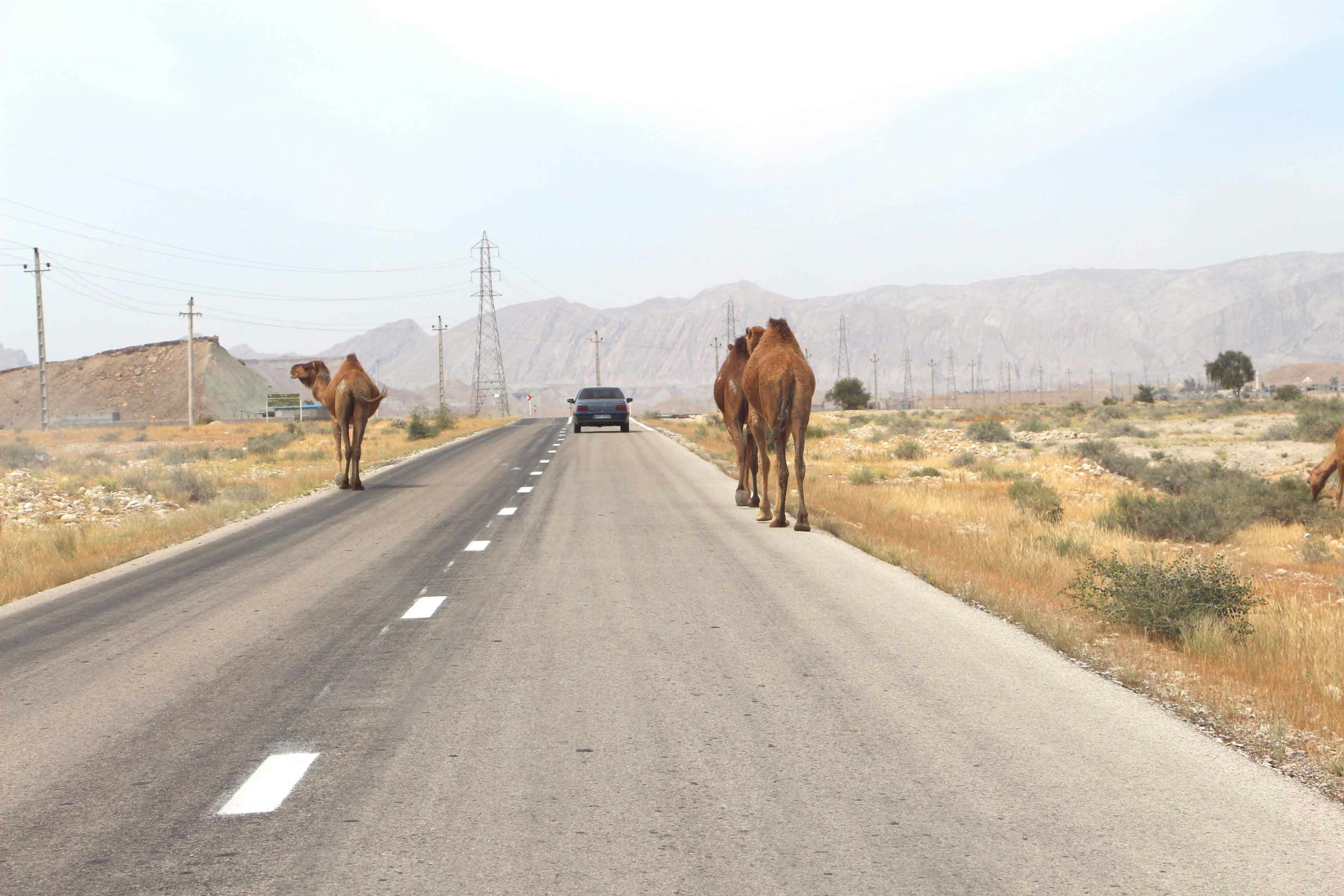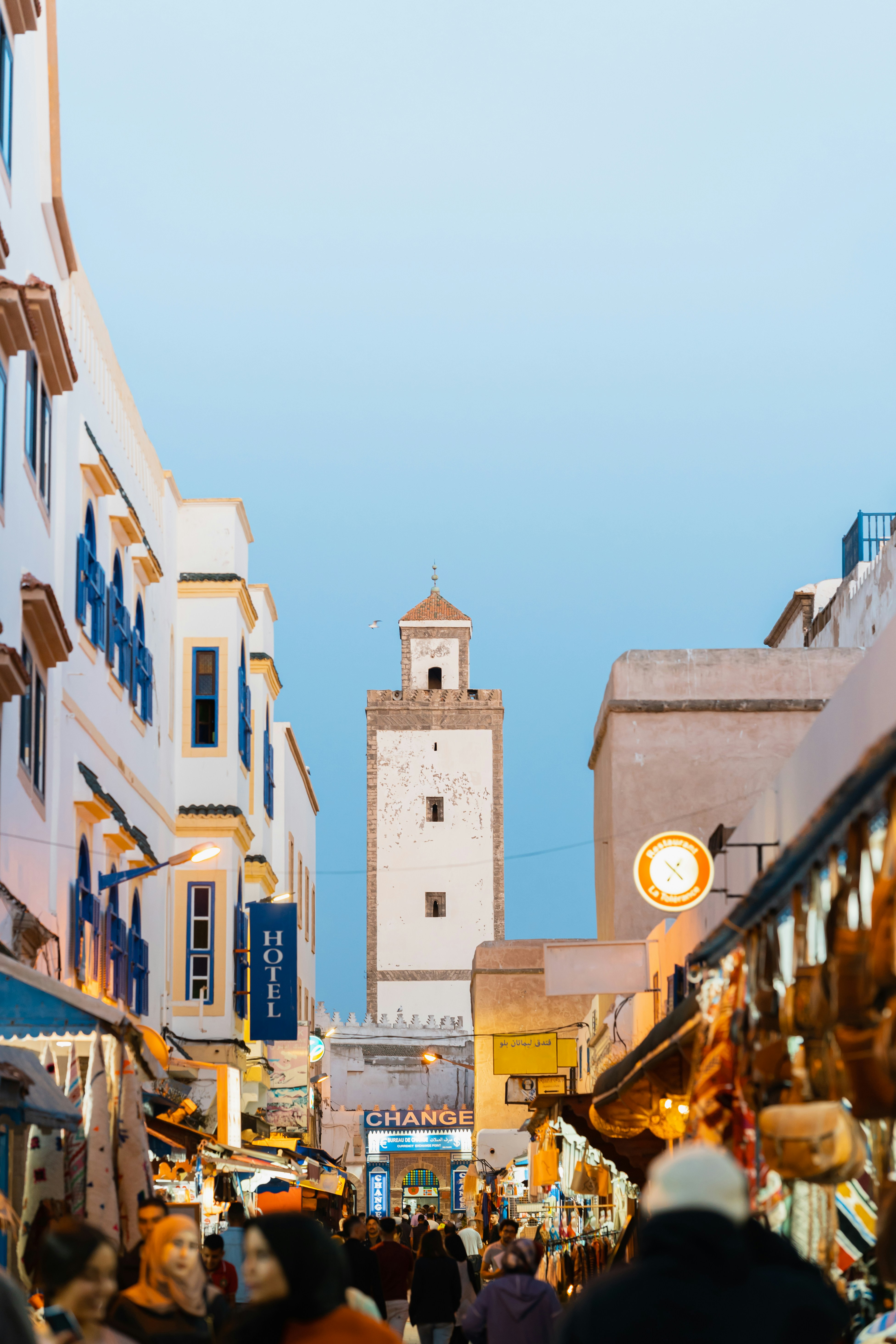Uncover the captivating historical journey of Morocco with these 10 surprising facts about Morocco’s rich cultural heritage. From legendary cities to architectural marvels, explore the hidden gems of Morocco’s past.
Table of Contents
Morocco, a land of mystique and marvel, holds within its borders a tapestry of history that spans centuries. From the bustling markets of Marrakech to the ancient ruins of Volubilis, Morocco’s historical legacy is a treasure trove waiting to be discovered. Join us as we unveil 10 surprising facts about Morocco’s historical heritage, delving deep into its past to uncover stories of conquest, culture, and civilization.
The Diverse Cultural Influence of Morocco
The Berber Origins:
Delve into the ancient roots of Morocco with the Berber people, who have inhabited the region for thousands of years. Learn about their rich cultural traditions, including language, music, and craftsmanship, which continue to influence Moroccan society today.
Arab-Islamic Legacy:
Explore the profound impact of Arab and Islamic civilization on Morocco, shaping its architecture, language, and religion. From the majestic mosques of Casablanca to the intricate tilework of Fes, witness the enduring legacy of Islamic culture in Morocco’s cities and towns.
European Colonization:
Unravel the complex history of European colonization in Morocco, from Portuguese outposts to French and Spanish protectorates. Discover how these colonial powers left their mark on Moroccan society, influencing everything from cuisine to governance.
Architectural Marvels and Historical Landmarks
The Medina of Marrakech:
Step into the vibrant heart of Marrakech’s old city, where narrow alleyways lead to hidden riads and bustling souks. Explore the architectural wonders of the Medina, including the iconic Koutoubia Mosque and the majestic Bahia Palace.
The Kasbah of Ait Benhaddou:
Journey to the edge of the Sahara Desert to discover the ancient Kasbah of Ait Benhaddou, a UNESCO World Heritage site. Marvel at the mud-brick fortress, which has stood for centuries as a testament to Morocco’s rich architectural heritage.
The Roman Ruins of Volubilis:
Transport yourself back in time to the Roman Empire with a visit to the ancient city of Volubilis. Wander among the crumbling ruins of temples, villas, and bathhouses, and imagine life in this once-thriving metropolis.
Morocco’s Influence on Art and Literature
The Legacy of Islamic Art:
Discover the intricate beauty of Moroccan art, influenced by centuries of Islamic tradition. Admire the intricate geometric patterns of Moroccan tiles, the vibrant colors of traditional textiles, and the delicate carvings of wooden furniture.
Literary Traditions:
Explore Morocco’s rich literary heritage, from ancient oral poetry to contemporary novels. Learn about renowned Moroccan writers such as Tahar Ben Jelloun and Fatema Mernissi, whose works have gained international acclaim.
The Marrakech Biennale:
Experience the intersection of art and culture at the Marrakech Biennale, a renowned international arts festival held in Morocco’s vibrant Red City. Discover cutting-edge contemporary art from around the world against the backdrop of Marrakech’s historic landmarks.
Morocco’s Culinary Delights and Gastronomic Traditions
Tagine: A Culinary Icon:
Indulge your senses with Morocco’s most iconic dish, the tagine, a savory stew slow-cooked in a conical clay pot. Learn about the diverse flavors and ingredients that make up this beloved Moroccan comfort food.
Mint Tea Rituals:
Savor the timeless tradition of Moroccan mint tea, a symbol of hospitality and friendship. Discover the art of preparing and serving mint tea, which plays a central role in Moroccan social gatherings and celebrations.
Spice Markets and Flavors:
Immerse yourself in the vibrant colors and exotic aromas of Morocco’s spice markets, where fragrant spices such as saffron, cumin, and cinnamon fill the air. Learn about the role of spices in Moroccan cuisine and their significance in Moroccan culture.
The Timeless Beauty of Moroccan Handicrafts
Moroccan Carpets and Textiles:
Admire the exquisite craftsmanship of Moroccan carpets and textiles, woven by skilled artisans using age-old techniques. Learn about the symbolism and cultural significance of traditional Moroccan weaving patterns.
Pottery and Ceramics:
Explore the art of Moroccan pottery and ceramics, characterized by intricate designs and vibrant colors. Visit pottery workshops in cities such as Safi and Fez to witness master potters at work.
Leather Goods and Tanneries:
Discover the ancient tradition of leatherworking in Morocco, where tanneries produce fine leather goods using methods passed down through generations. Take a guided tour of a traditional tannery to learn about the tanning process and see skilled artisans in action.
10 Surprising Facts About Morocco’s Historical Legacy
- The Legendary City of Timbuktu: Contrary to popular belief, Timbuktu, known for its mystique and remoteness, was once a thriving center of trade and scholarship, serving as a hub for trans-Saharan commerce and Islamic learning.
- Morocco’s Blue City: Explore the enchanting blue-hued streets of Chefchaouen, a picturesque town nestled in the Rif Mountains, famous for its striking blue buildings and tranquil ambiance.
- The Influence of Andalusian Culture: Discover the lasting impact of Andalusian culture on Morocco, evident in its music, architecture, and cuisine, stemming from the influx of refugees fleeing the Spanish Reconquista.
- The Atlas Film Studios: Did you know that Morocco is home to one of the largest film studios in the world? Explore the Atlas Film Studios in Ouarzazate, where blockbuster movies such as “Gladiator” and “Game of Thrones” were filmed.
- Morocco’s Underground Water Channels: Beneath the arid landscapes of Morocco lie a network of ancient underground water channels known as qanats, which have sustained agriculture in the region for centuries.
- The Jewish Heritage of Morocco: Delve into Morocco’s rich Jewish heritage, evidenced by historic synagogues, Jewish quarters, and centuries-old cemeteries scattered across the country.
FAQs
- What is the significance of Morocco’s historical legacy? Morocco’s historical legacy is significant as it reflects the diverse cultural influences that have shaped the country over centuries, contributing to its unique identity and global appeal.
- How did European colonization impact Morocco? European colonization had a profound impact on Morocco, influencing everything from governance to culture. The legacy of colonization is evident in Moroccan architecture, language, and cuisine.
- What are some must-visit historical landmarks in Morocco? Some must-visit historical landmarks in Morocco include the Medina of Marrakech, the Kasbah of Ait Benhaddou, and the Roman ruins of Volubilis.
- What role do spices play in Moroccan cuisine? Spices play a crucial role in Moroccan cuisine, adding depth of flavor and complexity to dishes such as tagine and couscous. Common spices used in Moroccan cooking include cumin, cinnamon, and paprika.
- How has Moroccan art influenced global culture? Moroccan art, characterized by intricate geometric patterns and vibrant colors, has influenced global culture through its architecture, textiles, and decorative arts.
- What are some lesser-known facts about Morocco’s historical legacy? Some lesser-known facts about Morocco’s historical legacy include the underground water channels known as qanats, the Jewish heritage of Morocco, and the cinematic history of the Atlas Film Studios.
Morocco’s historical legacy is a testament to the country’s rich cultural heritage and enduring resilience. From the ancient civilizations of the Berbers to the cosmopolitan influences of Arab and European civilizations, Morocco’s history is as diverse as it is captivating. By exploring the hidden gems of Morocco’s past, we gain a deeper appreciation for the country’s vibrant culture and timeless beauty.

Rolyz shares a unique perspective on Morocco’s beauty and richness. Through insightful articles and mouthwatering recipes, Rolyz invites readers to embark on a journey of discovery, embracing the vibrant cultures and enchanting destinations that make Morocco truly exceptional.



